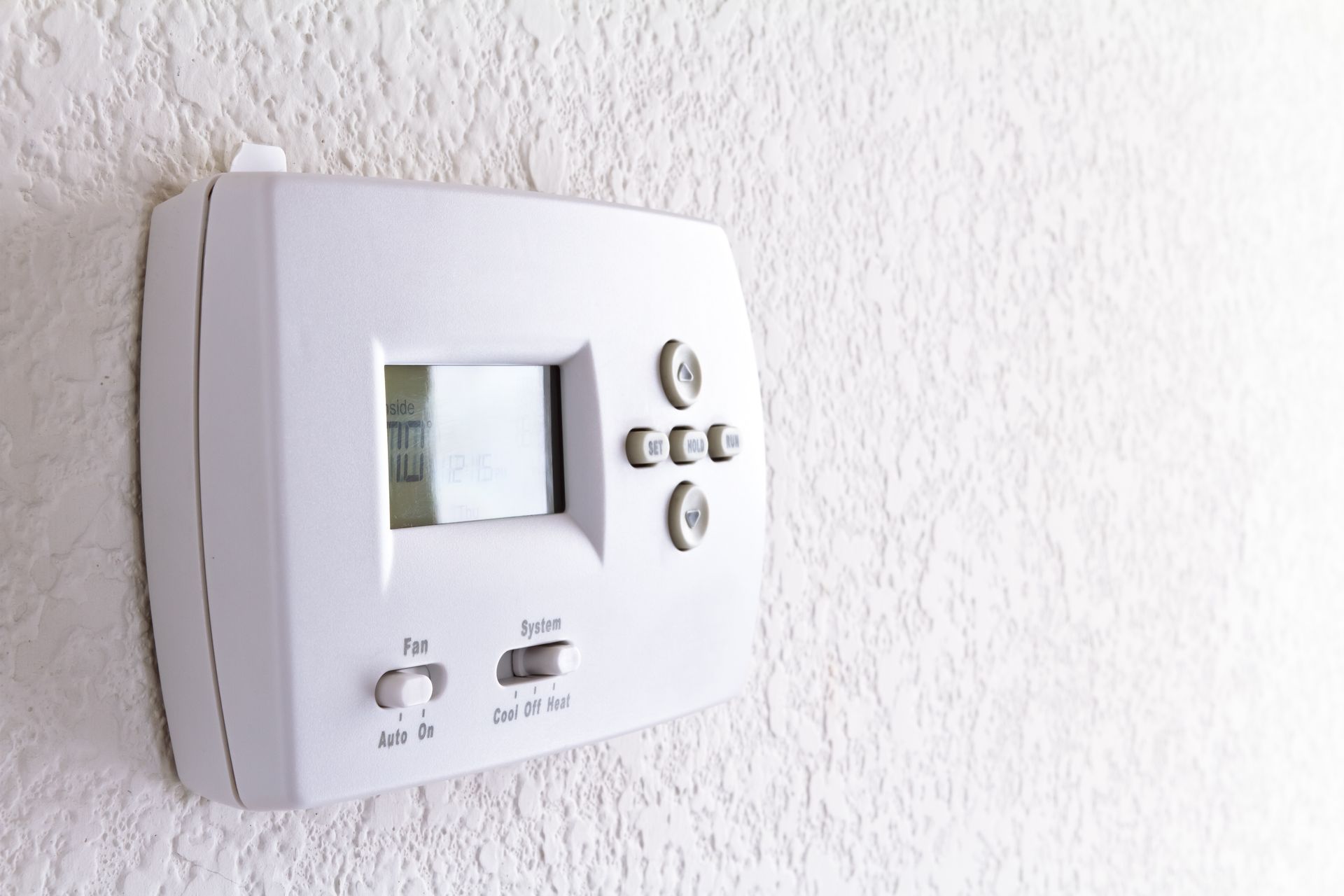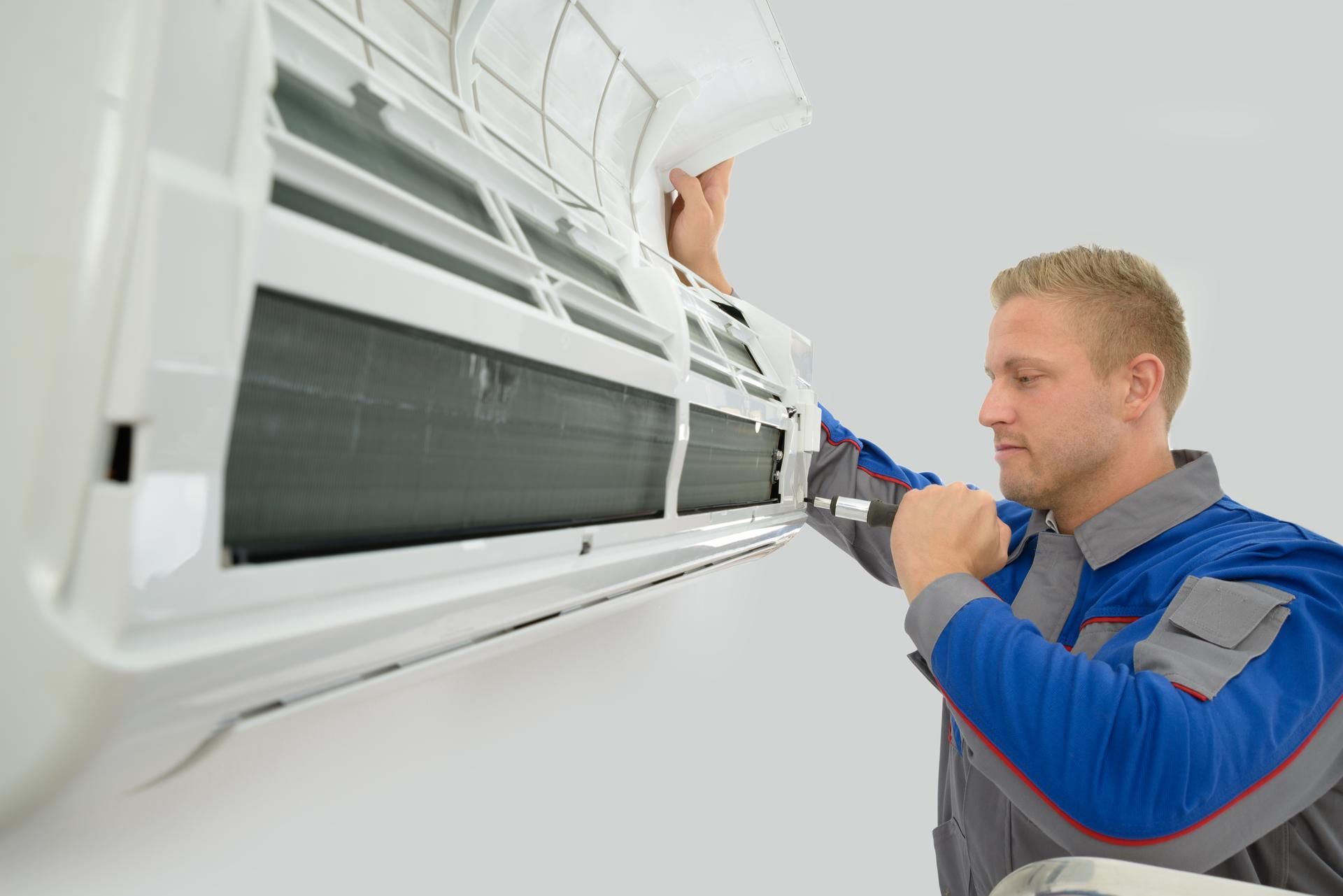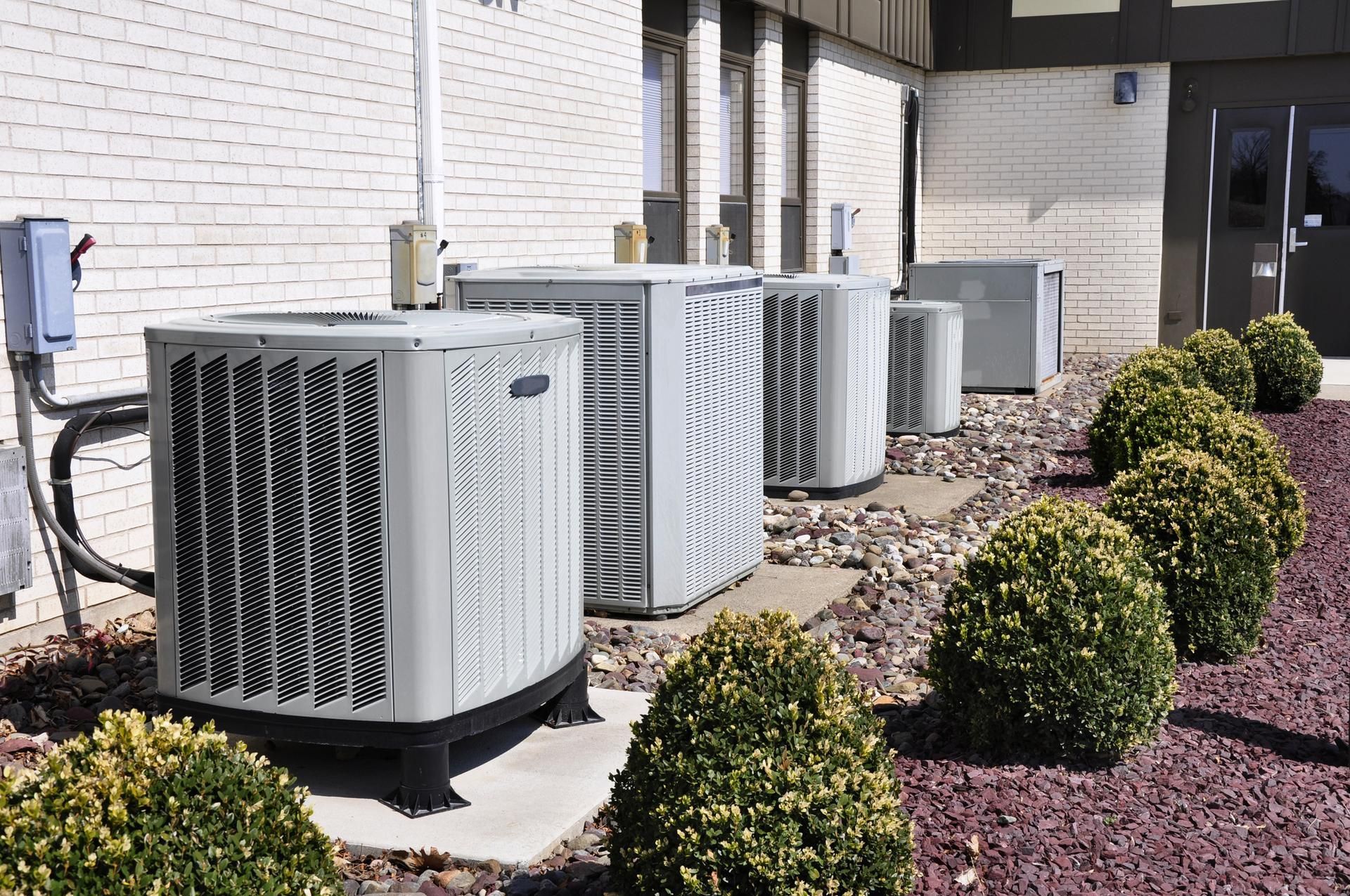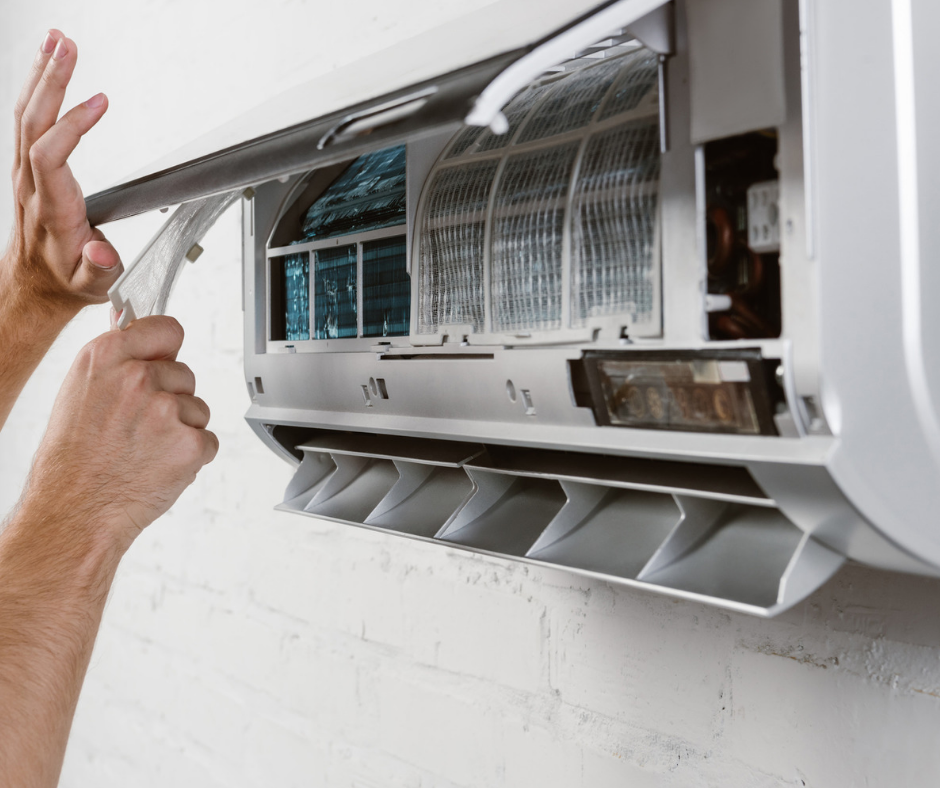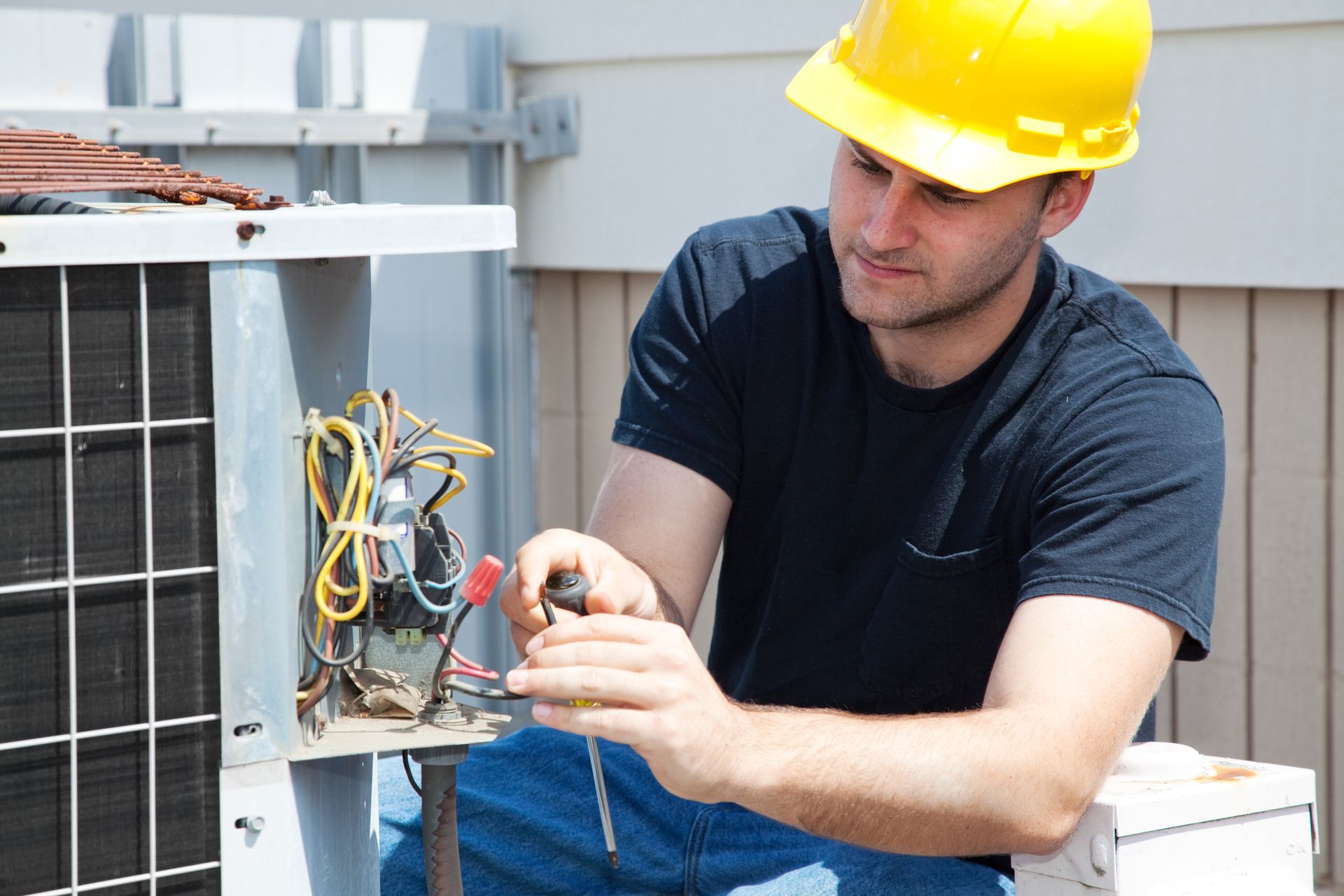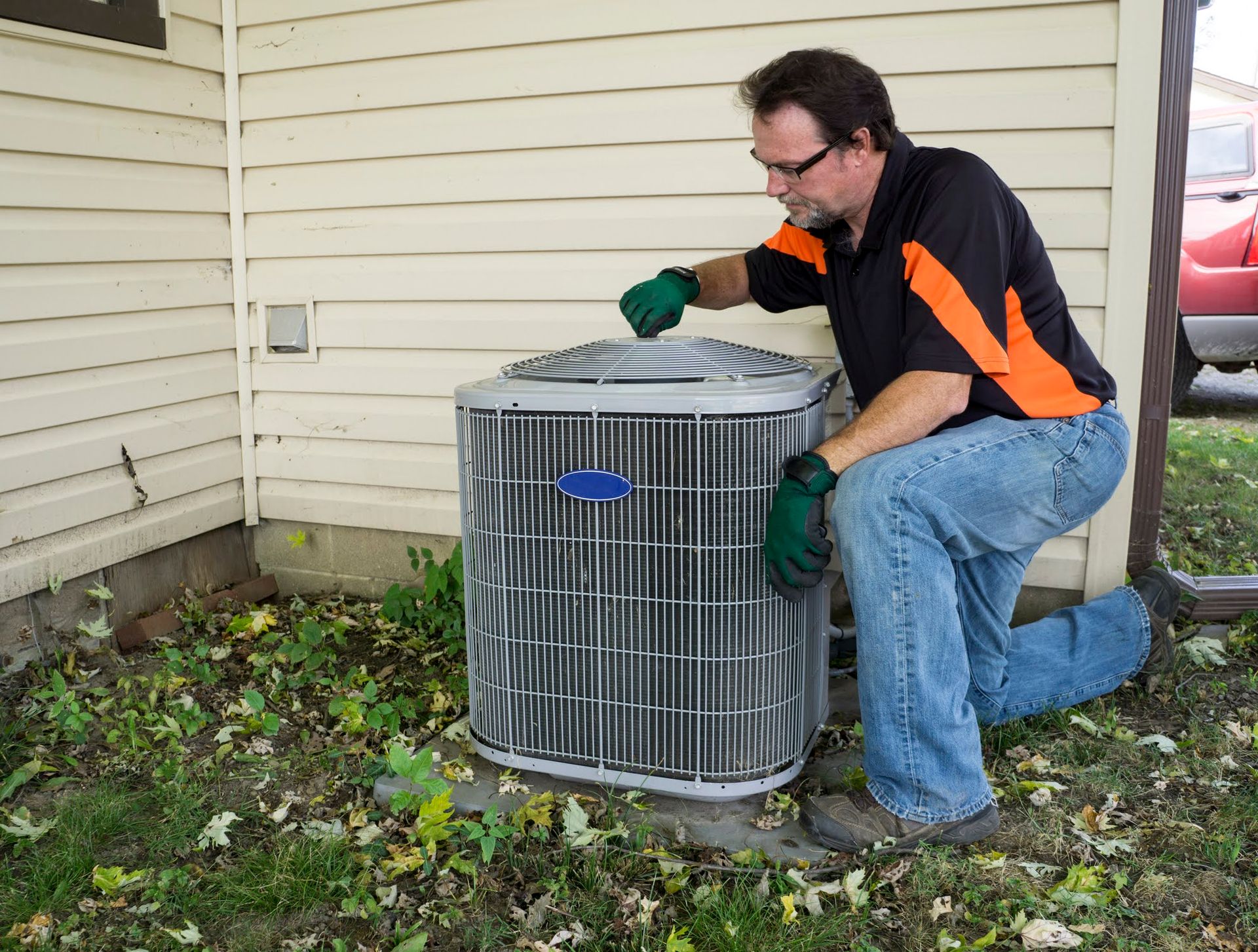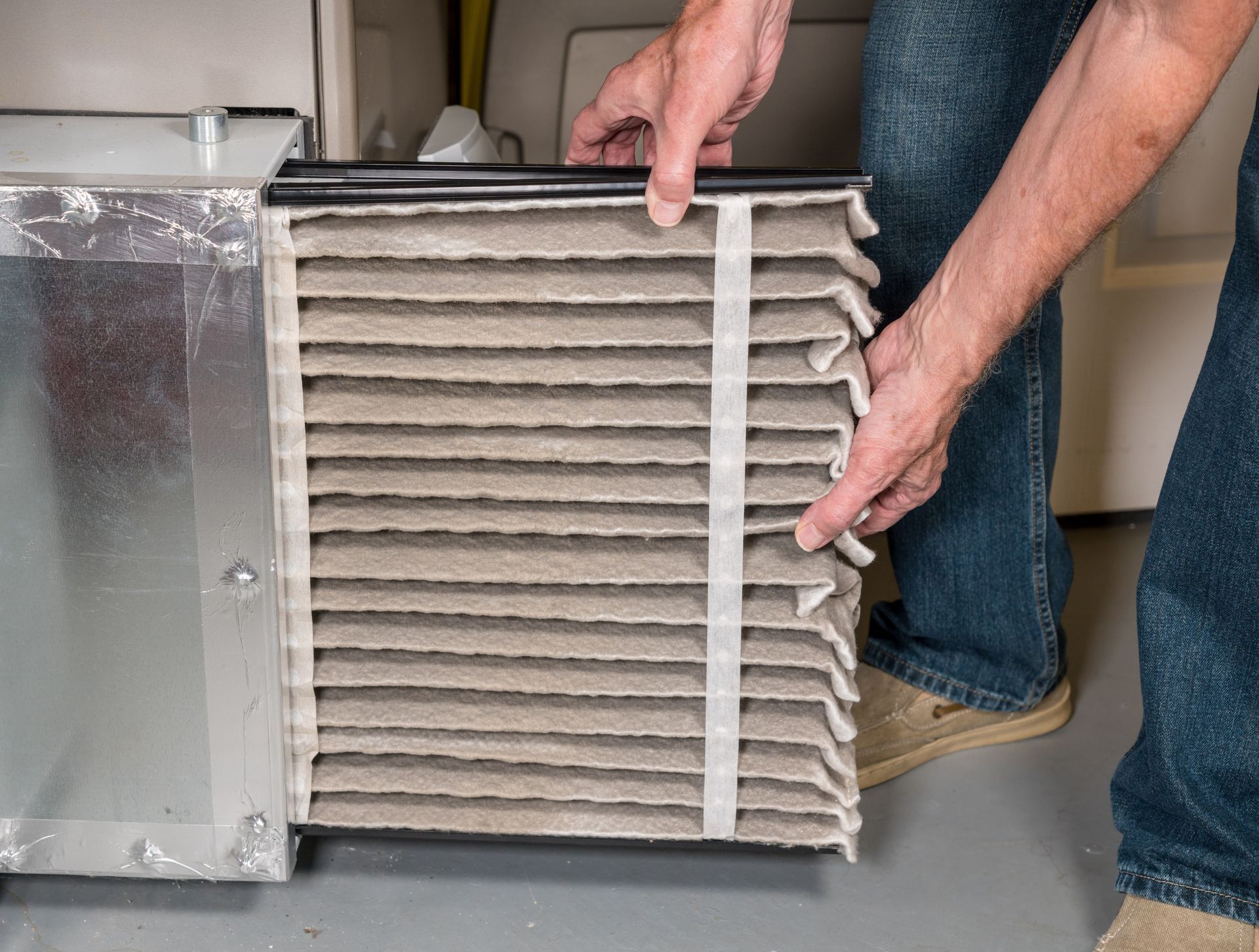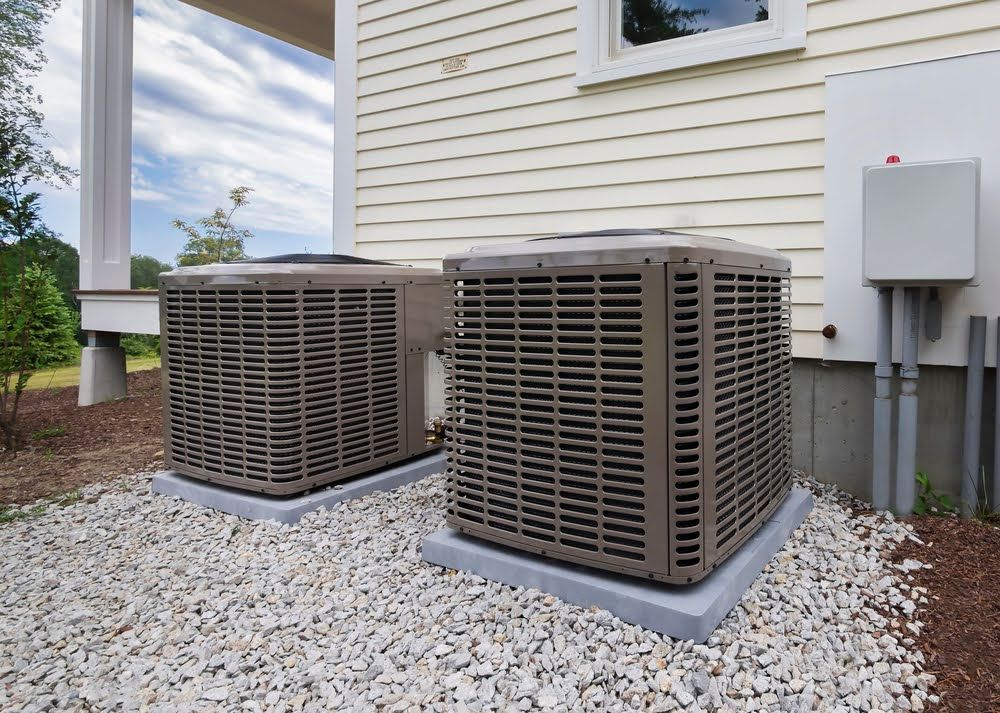How HVAC Maintenance Improves Indoor Humidity and Health
When most homeowners think about their HVAC system, they focus on temperature control—keeping their home warm in winter and cool in summer. However, one of the most overlooked yet critical functions of a well-maintained heating and cooling system is humidity regulation. The connection between proper humidity levels and human health is profound, with research consistently showing that balanced indoor moisture can significantly reduce respiratory illnesses, infections, and even chronic conditions like migraines. If you've been neglecting your HVAC system's maintenance, you might be unknowingly creating an environment that's making you and your family sick.
The Hidden Health Threat: Improper Humidity Levels
Indoor humidity levels have a sweet spot for human health, typically between 30% and 50%. When humidity strays outside this range—either too high or too low—your home becomes a breeding ground for health problems. An outdated or poorly maintained HVAC system often fails to maintain this delicate balance, creating conditions that can trigger or worsen various health issues.
Excessive humidity, generally above 60%, creates the perfect environment for mold, dust mites, and bacteria to thrive. These allergens and pathogens can trigger respiratory problems, allergic reactions, and asthma attacks. Conversely, air that's too dry—below 30% humidity—can irritate nasal passages, dry out mucous membranes, and make your body more susceptible to viral infections. Your body's first line of defense against airborne pathogens relies on properly moisturized nasal passages and respiratory tissues, which dry air compromises.
The HVAC-Humidity Connection
Your HVAC system does more than just heat and cool air; it's also your home's primary humidity regulator. Modern systems are designed with components specifically engineered to manage moisture levels. The air conditioning unit naturally dehumidifies as it cools, while heating systems in winter can be paired with humidifiers to add necessary moisture. However, these functions only work optimally when the system is properly maintained and tuned.
An aging or neglected HVAC system can develop numerous issues that compromise humidity control. Dirty coils can't efficiently remove moisture from the air. Clogged condensate drains can cause water to back up and create pockets of excessive humidity. Worn-out ductwork might leak, introducing humid outdoor air into your controlled environment or allowing conditioned air to escape. Even something as simple as a dirty air filter can restrict airflow, reducing the system's ability to properly condition and dehumidify your home's air.
Reducing Illness Through Better Humidity Control
The link between humidity and illness is well-documented in scientific literature. Respiratory viruses, including influenza and the common cold, survive and transmit more easily in environments with improper humidity. Studies have shown that maintaining relative humidity between 40% and 60% can significantly reduce the viability of airborne viruses and decrease infection rates.
When your HVAC system is updated and properly maintained, it creates an environment that's hostile to pathogens. Proper humidity levels help your body's natural defenses work more effectively. Well-moisturized nasal passages trap particles and pathogens before they can reach your lungs. The tiny hairs in your respiratory system, called cilia, function optimally at proper humidity levels, efficiently moving mucus and trapped particles out of your airways.
Furthermore, balanced humidity reduces the presence of allergens. Dust mites, one of the most common indoor allergens, cannot survive in humidity levels below 50%. By keeping humidity in check, a well-tuned HVAC system creates an environment where these microscopic pests simply can't thrive, reducing allergic reactions and asthma symptoms for sensitive individuals.
The Migraine-Humidity Connection
For the millions of people who suffer from migraines, environmental triggers are a significant concern, and humidity fluctuations rank high among them. Research indicates that both high humidity and rapid changes in barometric pressure and humidity levels can trigger migraine attacks. While you can't control outdoor weather, you can control your indoor environment.
A properly maintained HVAC system provides consistent humidity levels throughout your home, eliminating the dramatic indoor fluctuations that can trigger migraines. This stability is particularly important during seasonal transitions when outdoor humidity swings wildly. An updated system with modern humidity sensors and controls can automatically adjust to maintain your desired humidity level, creating a sanctuary from weather-related migraine triggers.
Many migraine sufferers report that air that's too dry can also trigger headaches, possibly due to sinus irritation and increased inflammation. By maintaining optimal humidity year-round, your HVAC system can help reduce the frequency and severity of these debilitating headaches.
Taking Action: The Importance of Regular Maintenance
The good news is that achieving better humidity control doesn't necessarily require a complete system replacement. Regular professional maintenance—ideally twice yearly—can dramatically improve your HVAC system's humidity management capabilities. Technicians can clean coils, clear drain lines, check refrigerant levels, replace filters, and ensure all components are working efficiently.
For older systems that are past their prime, upgrading to a modern HVAC system with integrated humidity controls can be life-changing. Today's systems offer sophisticated humidity management with smart controls that continuously monitor and adjust moisture levels automatically.
Your home should be your healthiest environment, not a place where poor air quality makes you sick or triggers chronic conditions. By investing in proper HVAC maintenance and upgrades, you're investing in your family's health, potentially reducing doctor visits, sick days, and the daily discomfort of living with preventable health issues. The connection between your heating and cooling system and your well-being is undeniable—it's time to give your HVAC system the attention it deserves.
Contact us today for a consultation and discover how professional HVAC services can transform your home into an environment where everyone thrives.
Frequently Asked Questions
How often should I have my HVAC system serviced to maintain proper humidity control?
Most HVAC professionals recommend scheduling maintenance twice per year—once before the cooling season (spring) and once before the heating season (fall). During these tune-ups, technicians will clean components, check refrigerant levels, inspect condensate drains, and ensure all humidity control functions are working properly. Regular filter changes every 1-3 months between professional visits are also crucial for maintaining optimal performance and humidity regulation.
What are the signs that my HVAC system isn't controlling humidity properly?
There are several telltale signs of humidity problems. Look for condensation on windows, musty odors, visible mold growth, or water stains on walls and ceilings—these indicate excessive humidity. Conversely, if you're experiencing static electricity, dry skin, irritated sinuses, or cracking woodwork, your home's air is likely too dry. You might also notice that certain rooms feel more humid or dry than others, which suggests your HVAC system isn't distributing properly conditioned air throughout your home.
Can I just buy a standalone dehumidifier or humidifier instead of upgrading my HVAC system?
While portable units can provide temporary relief in specific rooms, they're not a comprehensive solution for whole-home humidity control. Standalone units only affect localized areas, require frequent maintenance (emptying water tanks, refilling reservoirs), and consume additional energy. An integrated HVAC solution with proper humidity controls works automatically throughout your entire home, is more energy-efficient, and requires less day-to-day management. If budget is a concern, start with professional HVAC maintenance to optimize your existing system before considering portable alternatives.
Will better humidity control actually save me money beyond health benefits?
Absolutely. Proper humidity control can significantly reduce your energy bills. When humidity is balanced, your home feels more comfortable at less extreme temperatures—you can set your thermostat higher in summer and lower in winter while maintaining comfort. This means your HVAC system runs less frequently, reducing energy consumption. Additionally, proper humidity levels protect your home's structure, preventing costly damage from mold, wood warping, and material deterioration. You'll also likely spend less on healthcare costs when your family experiences fewer illnesses and migraine episodes.

